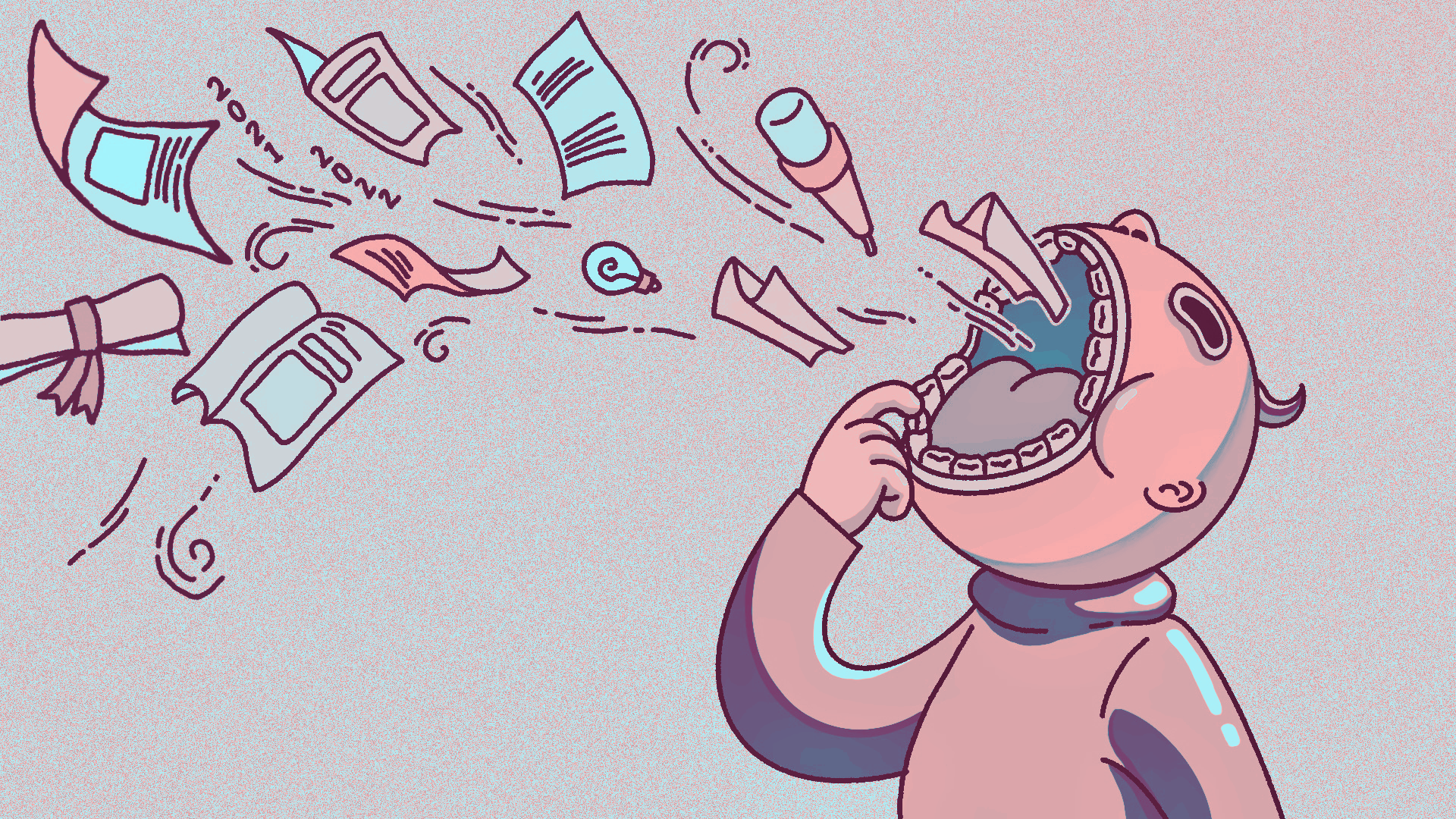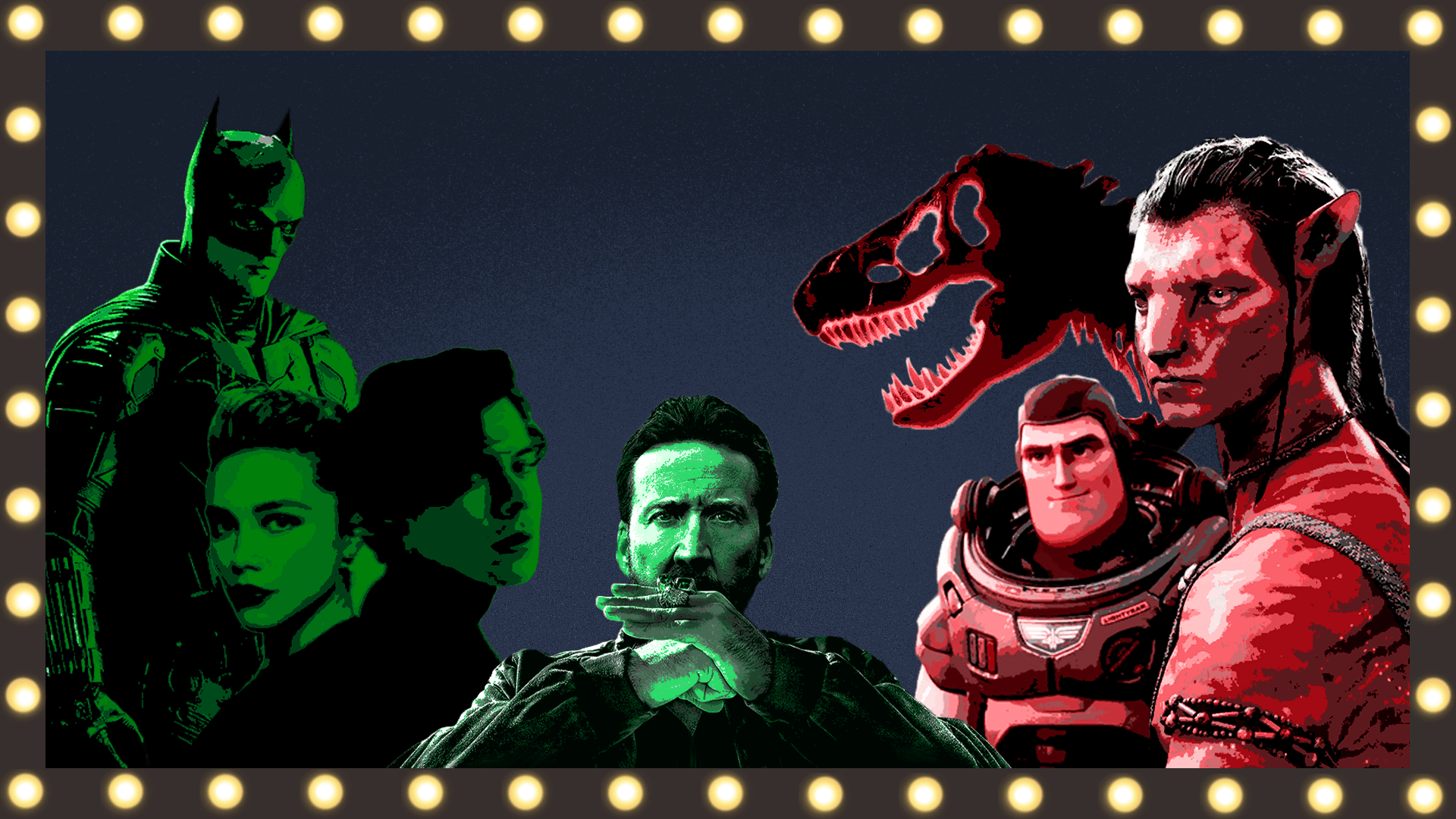
Two conflicts this week on the stage of Russian-Western relations.
This week’s diplomatic maneuvers between the West and Russia played out on the dramatic backdrop of a doping scandal at the Olympics.
Sunday, Feb. 13:
Russia has amassed at least 100,000 military troops on Ukraine’s border. The United States says it will defend the interests of the North Atlantic Trade Organization (NATO). Russia wants NATO to refuse Ukraine as a member state. NATO finds this demand unacceptable.
Scandal grows around Kamila Valieva, a Russian Olympic figure skater. A drug test from Dec. 25 reveals that Valieva tested positive for a banned heart medication, this information was kept secret until Feb. 8. The U.S. and its allies continue their diplomatic boycott of the Games in response to China’s human rights abuses in the Xinjiang region.
Monday, Feb. 14:
The Biden administration says that according to intelligence (read: spies), Russia would attack Ukraine in two days. This is part of the transparency initiative that has characterized the Russia-Ukraine conflict since November. Instead of documents remaining classified, the media has published intelligence assessments and observations in real time. According to the New Yorker, to some national security professionals, “one reaction has been celebration: finally, after several years of being outflanked by Russian misinformation, the United States was fighting an information war of its own.”
The Court of Arbitration of Sport allowed Valieva to continue to compete in the women’s figure skating short program, despite the positive drug test. She already helped Russia win gold at the team figure skating event the previous week.
Tuesday, Feb. 15:
Western media discusses the possibility of a “false flag operation,” in which Russia launches a dummy attack against Ukraine to provoke Ukraine’s military retaliation. This “attack by Ukraine” would be the pretense of a Russian large-scale invasion. For the past eight years, Russia has conducted a not-as-large-scale invasion of the Crimean Peninsula.
Valieva tops the rankings in the second of three events for the short program. She is favored to win gold, which will be determined at Thursday’s final event. The fifteen-year old leaves the ice struggling to hold back tears as the pressure of the scandal permeates the rink.
Wednesday, Feb. 16:
From Russia’s perspective, the window of time to invade Ukraine is the winter. During the winter, the Pinsk Marshes are frozen, making the terrain passable by military vehicles. The other land route by which Russia could invade is through the Chernobyl Exclusion Zone, a radioactive, abandoned corner of Ukraine. The frozen ground would kick up less radioactive dust, should Russia choose this route. When no attack from Russia manifests on Biden’s predicted date, onlookers noted that even if the transparency initiative achieved deterrence, it has “has so far had the effect of raising the temperature, not lowering it.”
The International Olympic Committee (IOC) defends granting a pass to Valieva. The IOC said that to deny Valieva would cause her to suffer “irreparable harm.” Detractors howl, what about the damage to the clean competitors? Rabble rousers scowl, those Russians always have a doping scandal. Valieva’s competitors hold the hollow wonder, can we talk, instead, about the beauty and the grace of skating?
Thursday, Feb. 17:
Ukraine’s president Volodymyr Zelensky accuses the West of creating hysteria. Zelensky confirms that Ukraine likes its sovereignty, though Russian-backed separatists in southeast Ukraine would disagree. Linda Thomas-Greenfield, the US ambassador to the United Nations confirms there are 150,000 Russian troops on Ukraine’s border and reiterates the desire for a diplomatic solution to the conflict. In an interview with NPR, Thomas-Greenfield says, “I can’t speculate … on what President Putin wants.”
Valieva stumbles and gets fourth place. A medal ceremony for Anna Shcherbakova (Russia), Alexandra Trusova (Russia) and Kaori Sakamoto (Japan) takes place. Further investigation into Valieva’s drug test would have postponed any medal ceremony if Valieva had placed in the top three. As Valieva leaves the ice crying, her coach asks: “Why did you let it go? Why did you stop fighting?”
Friday, Feb. 18:
Russia plans to conduct routine nuclear testing over the weekend. The West is rattled and calls these tests inflammatory. Putin shrugs and points out that the planned Belarus-Russia joint military exercises in January, a few weeks into the troop buildup, were a non-event. Reporters speculate that Putin’s point of this conflict is a strategic stirring of the shit pot. Masha Gessen says on The New Yorker podcast that Putin has Western powers right where he wants them: Acknowledging Russia’s power while Ukraine tumbles into an economic disaster. Yet there is no graceful way for Russia to back down from this position without provoking triumphant rhetoric from the West.
“The adults in the room left [Valieva] alone,” the NBC Olympics host Mike Tirico said. “Portrayed by some this week as the villain, by others as the victim, she is, in fact, the victim of the villains.” Tirico calls on the IOC to penalize Russia. IOC President Thomas Bach criticizes Valieva’s coaches for their “tremendous coldness” after Thursday’s performance.
Saturday, Feb. 19:
Russia’s planned nuclear tests go off without a hitch. Tens of thousands evacuate from Ukrainian cities controlled by Russian-separatists into Russia. According to France 24, President Zelensky of Ukraine “demanded a clear time-frame for when Ukraine can join the NATO alliance in his speech at the Munich Security Conference,” an annual summit that Russia announced it would not attend. In reference to the Holocaust, Zelensky went on to ask the West not to not appease Russia: “Has our world completely forgotten the mistakes of the 20th century?” Zelensky asked. “Where does appeasement policy usually lead to?” Meanwhile, Zelensky may be cursing the nuclear disarmament of Ukraine in 1992 following the collapse of the Soviet Union. Nukes keep Russia at bay, which is possibly why Ukraine seeks NATO membership.
Opinion pieces start appearing about Valieva, the state of figure skating, and the immaterial consequences dealt by the IOC for previous Russian doping scandals.
Tune in next Sunday for the Mascot’s next installment of Mutually Assured Destruction, the 2020s.
Michaela Chan (MFAW 2023) is the News Editor at F Newsmagazine. Hopefully she is drawing a tree. Find more of her work at www.michaelachan.com.







